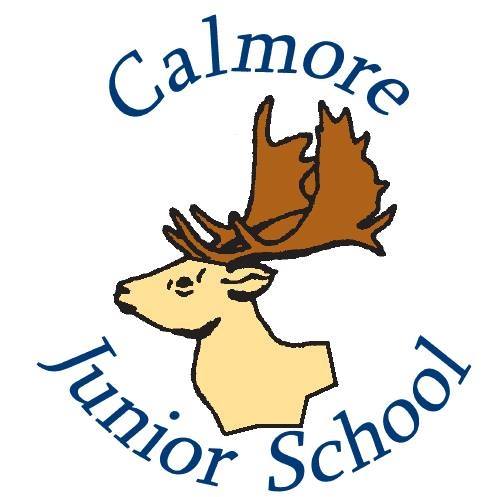Geography
Intent
A high-quality geography education should inspire in pupils a curiosity and fascination about the world and its people that will remain with them for the rest of their lives. Teaching should equip pupils with knowledge about diverse places, people, resources and natural and human environments, together with a deep understanding of the Earth’s key physical and human processes. As pupils progress, their growing knowledge about the world should help them to deepen their understanding of the interaction between physical and human processes, and of the formation and use of landscapes and environments. Geographical knowledge, understanding and skills provide the frameworks and approaches that explain how the Earth’s features at different scales are shaped, interconnected and change over time.
Implementation
Using the National Curriculum, we will ensure that children receive a rich geography curriculum that build on skills and knowledge from Year 3 to Year 6. Geography will be taught in topics ensuring the integrity of the subject remains at the forefront.
Geography knowledge organisers for geography are in place to ensure:
- Secure geographical knowledge for staff
- Accurate understanding of specific taught areas
- Key knowledge & skills
- Prior Links to prior geographical learning
- Geography vocabulary
- The integrity of each individual subject
Our geography topics will include our curriculum principles:
- Enrichment/Enjoyment (e.g. learning from experts/map reading (OS maps and Google Earth)/extending learning outside in the local and wider community)
- Depth & Challenge (A depth of experience is gained through learning skills-e.g. creating/ designing/ developing/ appraising/ questioning/ experimenting/comparing/drawing conclusions)
- Quality Outcome which gives purpose to the learning (e.g. leaflet/PowerPoint)
- Personalisation (Giving children choice and a passion for following own lines of enquiry- choose outcome/choice of resources/choose layout/choose study route)
- Connections (e.g. links to prior geography topics/skills/knowledge)
- Relevant to our children and context (Bespoke to Calmore children e.g. looking at the geography of the local area: ‘Do You Live Around Here?’ Topic and relating to the country they live in.)
- Purposeful (Identifying the purpose for learning and the intended outcome -real life audiences/real experiences)
- Enquiry based/igniting curiosity (Enquiry questions/children asking questions/P4C)
- Extended writing opportunity (In all units-site of application-giving children the opportunity to apply the skills learnt within different styles of writing)
- Maths (Giving children the opportunity to develop and apply previously learnt maths skills e.g. data handling/number/tallying/measures)
As with our other topics, each geography unit will commence with a hook (dress up day/trip/workshop) and end with an exit point (display of work/assembly)
Impact
At the end of Key stage 2 we want our children to know/understand:
- develop contextual knowledge of the location of globally significant places – both terrestrial and marine – including their defining physical and human characteristics and how these provide a geographical context for understanding the actions of processes
- understand the processes that give rise to key physical and human geographical features of the world, how these are interdependent and how they bring about spatial variation and change over time
- are competent in the geographical skills needed to:
- collect, analyse and communicate with a range of data gathered through experiences of fieldwork that deepen their understanding of geographical processes
- interpret a range of sources of geographical information, including maps, diagrams, globes, aerial photographs and Geographical Information Systems (GIS)
- communicate geographical information in a variety of ways, including through maps, numerical and quantitative skills and writing at length
